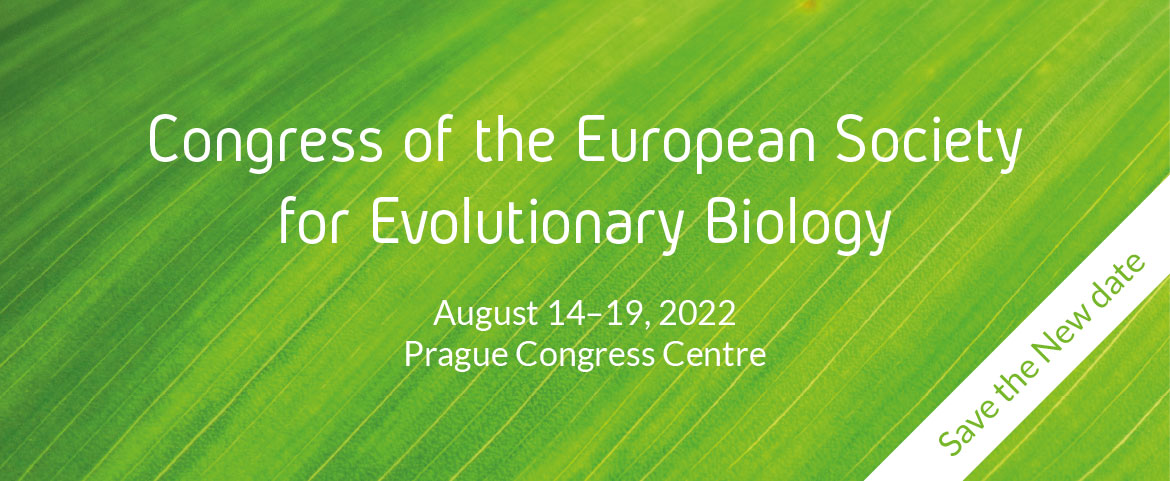Understanding reproductive isolation: bridging conceptual barriers in speciation research
Reproductive isolation (RI) is a central concept in speciation research. But what, exactly, do we mean by ‘reproductive isolation’? Despite being deeply embedded in the language of speciation, RI clearly means different things to different people. Researchers focused on understanding isolating mechanisms measure it as the reduction in successful interbreeding inferred from the study of specific isolating traits; population geneticists, on the other hand, tend to quantify RI as the reduction in gene flow experienced by a neutral allele due to direct selection at other loci; some genomic studies discuss RI as being heterogenous among loci, rather than impacting the genome as a whole; some researchers consider geographic separation as a form of reproductive isolation, while others do not. With the goal of arriving at a unified and practical understanding of RI, this symposium will stimulate exchange and discussion between researchers with diverse views and training (e.g., theoretical and empirical) and who work at different levels of biological organisation (e.g. organismal vs. genetic). Can we bridge these different perspectives of RI, conceptually and mathematically? Or do they reflect some deeper underlying difference about the way that we think about speciation?
